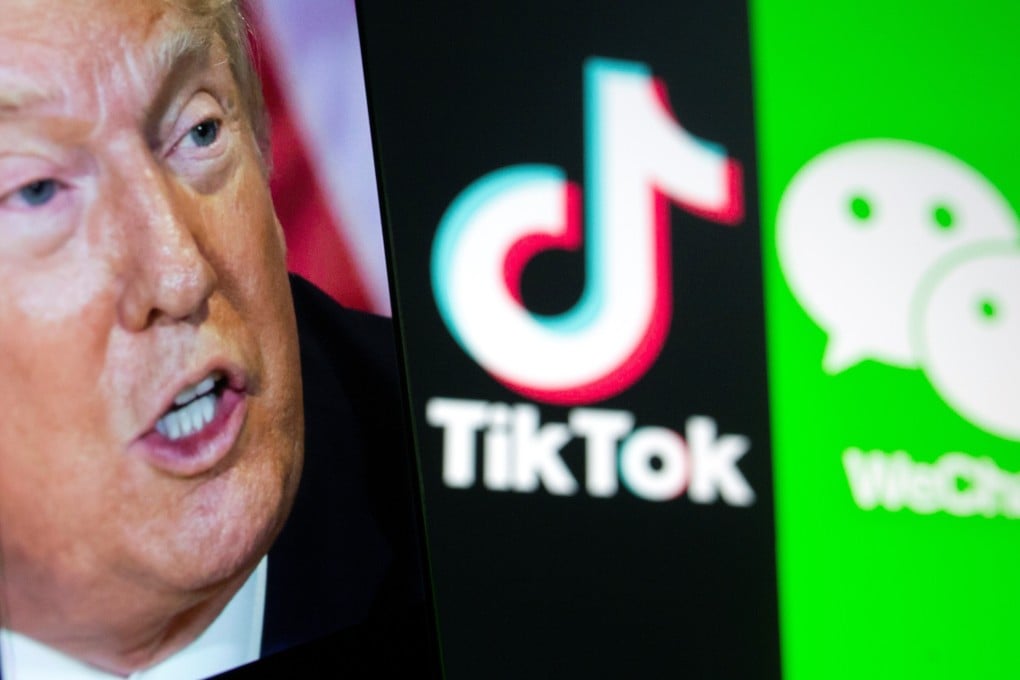Opinion | Trump, not TikTok or China, is real threat to US national security
- When Americans are on edge over foreign governments spending money on social media to influence US elections, what should they think when their president solicits billions from a private firm to support his pet projects?

US President Donald Trump was elected with a mandate to make deals and “drain the swamp”. His TikTok saga reveals just how much he has let down his country.
Even without the injunction, Trump’s vaunted deal-making skills have morphed into a horror show. From the beginning, Trump accused TikTok of being a platform for Chinese espionage. The CIA found no evidence of this, however, and the Electronic Frontier Foundation – which traditionally has been critical of China’s internet companies – concluded there was no evidence TikTok was less secure than other Chinese-owned technologies.

01:46
Oracle reaches deal to become TikTok’s ‘technology partner’, after Microsoft offer is rejected
Furthermore, the United States currently does not have any central federal-level data privacy laws, let alone data security laws. Authorities generally leave it to the marketplace and competition to keep companies in check.
